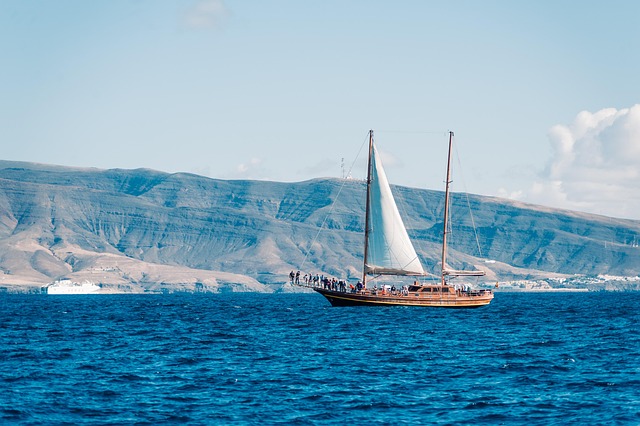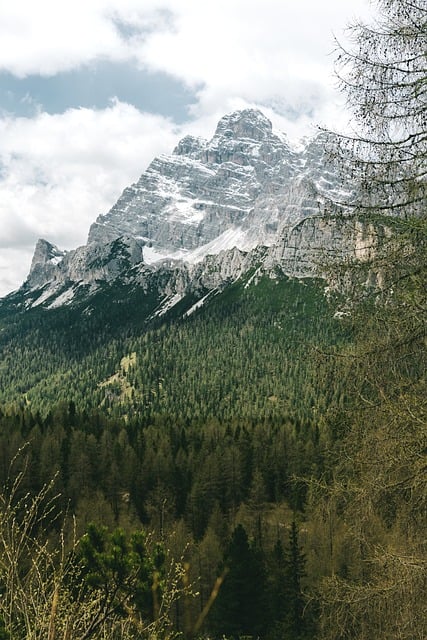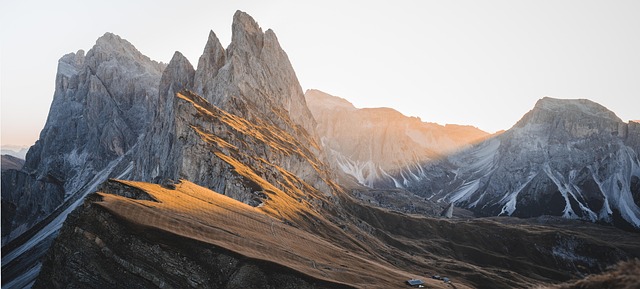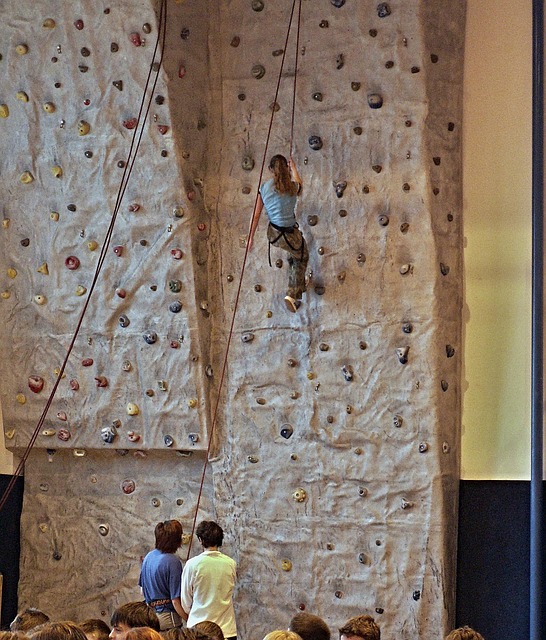Overnight adventures like whitewater rafting require careful planning. Choose locations with suitable rivers, balance accessibility and difficulty levels. Pack efficiently with waterproof gear, cooking equipment, and first aid supplies. Professional guides ensure safety while sharing ecological knowledge during whitewater rafting, creating unforgettable experiences. Camping enhances outdoor connections through culinary delights under the stars, utilizing portable stoves and lightweight cookware for hearty meals. Prioritize safety by learning relevant survival skills like emergency paddling and fire-building techniques, and share itineraries for secure returns.
Embark on a journey beyond the ordinary with overnight adventure trips and camping! Discover hidden gems as you explore nature’s wonders. From choosing the perfect location for your outdoor escapade, packing essential gear, and mastering survival skills, we guide you through an unforgettable experience. Dive into thrilling activities like whitewater rafting, where the rush of rushing waters meets the serenity of the wilderness. Prepare to cook up delicious meals under the stars and learn safety measures that will enhance your connection with nature.
- Choosing the Perfect Location for Camping Adventures
- Essential Gear and Packing Tips for Overnight Trips
- Exploring Whitewater Rafting: An Exciting Activity
- Camping Kitchen: Delicious Meals Under the Stars
- Safety Measures and Outdoor Survival Skills
Choosing the Perfect Location for Camping Adventures

When planning an overnight adventure trip, selecting the ideal location is key to a memorable experience. For outdoor enthusiasts who love thrill and challenge, whitewater rafting offers an exhilarating option. Choosing a camping spot near rivers known for their rapids can be a game-changer. These destinations provide not only the perfect backdrop for thrilling water adventures but also serene natural beauty to unwind after a day full of challenges.
Consider factors like accessibility, proximity to essential amenities, and the level of difficulty in whitewater rafting. Some locations cater to beginners with gentle currents, while others are more suited for experienced rafters seeking intense thrills. Researching and understanding these aspects ensures a safe and enjoyable trip, allowing you to immerse yourself in the great outdoors and create lasting memories.
Essential Gear and Packing Tips for Overnight Trips

When preparing for an overnight adventure, especially one that involves whitewater rafting, ensuring you have the right gear is paramount. Pack light but smart; every item should serve a purpose. Waterproof dry bags are a must to keep clothing and essential items safe from dampness. A lightweight tent, suitable for the expected weather conditions, will provide shelter while minimizing bulk. Don’t forget a comfortable sleeping bag rated for the season’s temperatures, along with an insulated pad for insulation from the ground.
For camping trips, consider bringing versatile cooking gear like a compact stove and cookware that can be easily packed away. A multi-tool or knife is useful for various tasks around the campsite. And always, always include first-aid supplies tailored to outdoor activities, including any necessary medications. Remember, being prepared means you can focus more on enjoying your adventure, less on logistics.
Exploring Whitewater Rafting: An Exciting Activity

Whitewater rafting offers an exhilarating way to explore nature and challenge yourself physically. This adventurous activity involves navigating through rapid currents, maneuvering around rocks, and enjoying breathtaking views along rivers that are known for their powerful flows. Whether you’re a seasoned outdoorsman or new to thrill-seeking, whitewater rafting provides a unique perspective on landscapes that can’t be experienced from shore.
For many, the thrill of carving through class III and IV rapids is unmatched by any other outdoor pursuit. Professional guides ensure safety while also sharing insights about the local ecosystem, history, and geology along the way. It’s not just about reaching the end; it’s about immersing yourself in the raw beauty and power of moving water—a truly unforgettable experience that will leave you with stories to tell for years to come.
Camping Kitchen: Delicious Meals Under the Stars

Camping is an opportunity to connect with nature and enjoy delicious meals under the stars. When planning your overnight adventure, don’t forget to pack a kitchen equipped for outdoor cooking. A portable stove or campfire can transform your camping experience by allowing you to prepare hearty meals that complement the beauty of your surroundings. Imagine roasting marshmallows over a crackling fire or enjoying a hot bowl of stew after a day spent whitewater rafting—these culinary adventures add a new dimension to your outdoor escapades.
From lightweight camping cookware to reusable cutlery, there are various options for setting up a functional kitchen in the wilderness. Consider packing easy-to-prepare ingredients that can be transformed into satisfying meals with minimal effort. Dried pastas, rice, and beans are versatile staples that can be paired with fresh vegetables from local markets or foraged wild edibles, depending on your location. Don’t underestimate the joy of cooking outdoors—it’s a chance to simplify, savor flavors, and create lasting memories.
Safety Measures and Outdoor Survival Skills

When planning an overnight adventure trip, whether it’s camping or whitewater rafting, safety should always be a top priority. Before heading out, make sure to familiarize yourself with essential outdoor survival skills tailored to your chosen activity. For whitewater rafting enthusiasts, knowing how to handle emergencies on rapid rivers is crucial. This includes mastering proper paddling techniques for different water conditions and understanding when to deploy safety equipment like life jackets and inflatable rings.
Camping trips require a slightly different set of skills. Learn how to properly pitch a tent, build a safe fire (always adhering to local regulations), and navigate your way back to civilization using maps or a compass. Carrying the right gear, such as a first-aid kit, flashlights, and emergency blankets, can make all the difference in unforeseen situations. Remember to inform someone of your itinerary and expected return time, especially when embarking on remote trips.
